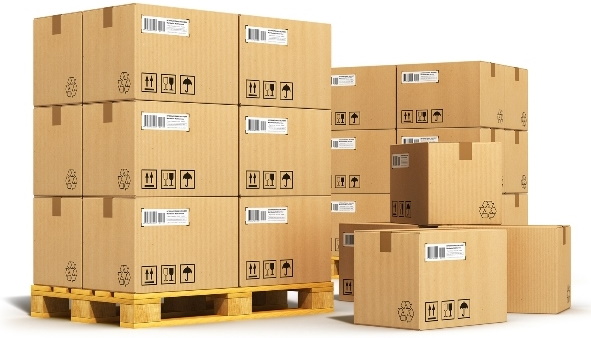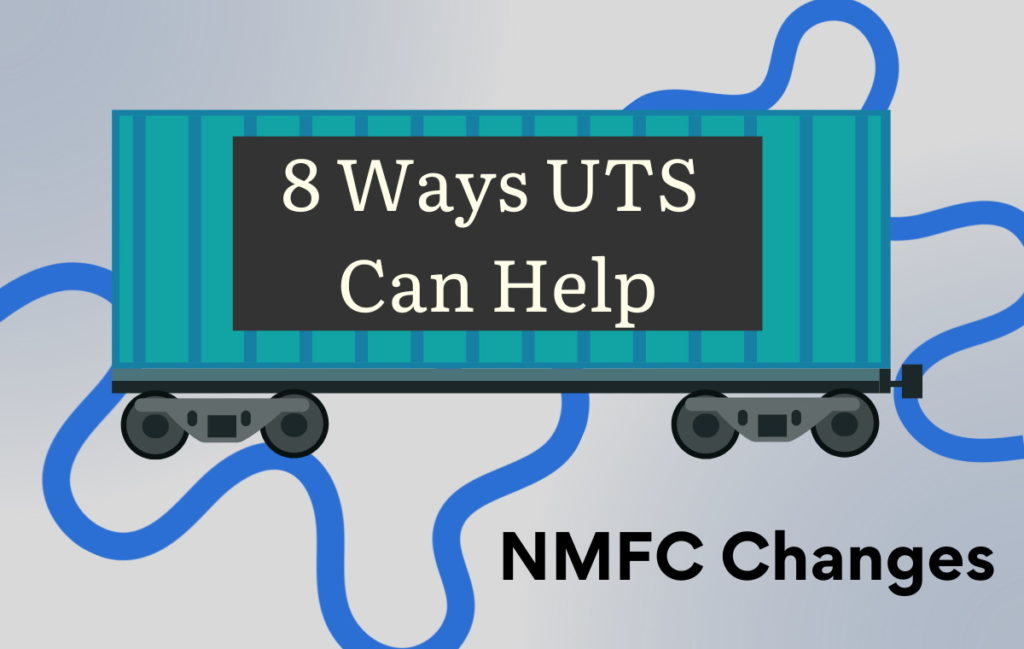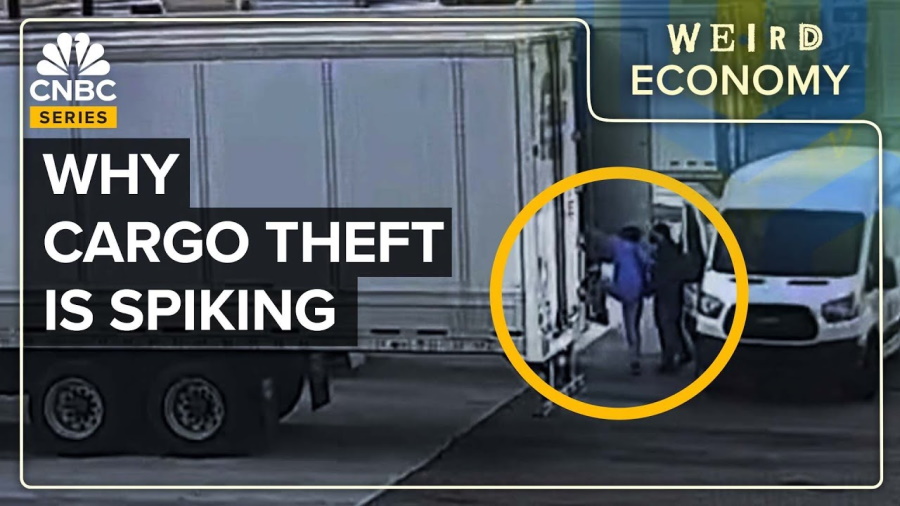When you ship freight, the rate you pay is the sum of three components:
- Base rate (also called the linehaul rate)
- Fuel surcharge
- Accessorial charges
This post focuses on the third component, accessorial charges.
What is an accessorial charge?
It is a fee for an accommodation the carrier must make to move your freight. Let’s say you ship freight to a destination without a shipping dock. The carrier will charge a liftgate fee because it needed to use a trailer with a hydraulic lift gate that lowered the freight to ground level.
Accessorial charges for special services
A lift gate is an example of a special service the carrier provides when it must pick up or deliver freight to a place without a shipping dock. In this example, the “special service” is a specialized type of equipment.
Sometimes the special service is performed by the driver, who may need to schedule an appointment or wheel the freight inside.
Probably the biggest category of “special service,” though, is pickup or delivery to a non-commercial location, even if that location has a shipping dock. Carriers typically add a fee when they need to go to a school, hospital, hotel, construction site, military base, residence, etc.
Accessorial charges based on the freight itself
Carriers charge extra for special handling. By that, they mean moving freight that falls outside certain size and weight parameters.
The most notorious freight-based accessorial is the oversize item fee. In recent years, carriers have aggressively increased oversize item fees, with some of these fees now exceeding $1,000. Why the big bill? Because oversize freight plays havoc with trailer optimization. Standard-sized pallets nicely fill a trailer to capacity. But throw oversize items into the mix, and filling the trailer becomes a game of Tetris.
Punitive accessorial charges
Carriers sometimes use accessorial charges to punish certain behaviors. Make the driver wait? You’ll pay a detention fee that increases by the minute. Under-report the weight or class of your freight? You’ll pay an adjusted base rate plus a Weight and Inspection fee.
Accessorial charges based on geography
LTL carriers have quietly added a new type of accessorial to their pricing. These assessorials are based on geography. You pay more when your shipment starts or ends in a specified ZIP code.
Examples of geography-based accessorials include:
- High cost area (dense metropolitan area)
- Peak area (region where the carrier is operating near full capacity due to elevated freight volumes and high demand for capacity)
- Beyond services (remote areas where the carrier has higher operating costs)
- Environmental compliance (such as a surcharge on a shipment to or from California to recover extra costs incurred to comply with the state’s clean air regulations)
Tips for managing accessorial charges
- Rate shipments on a digital pricing platform that incorporates accessorial charges
- Include dimensions for more accurate parcel and LTL rates
- Audit accessorial charges to make sure they are both valid and accurate
- Attempt to negotiate accessorial reductions or waivers
- Avoid Weight and Inspection fees with accurate bills of lading
- Evaluate options to make your freight more appealing to carriers
We are ready to help
Accessorial charges can play havoc with profit margins — especially when a carrier adds them after the shipment starts moving. If accessorials are causing business problems, we may be able to help. Please contact us for a consultation.





